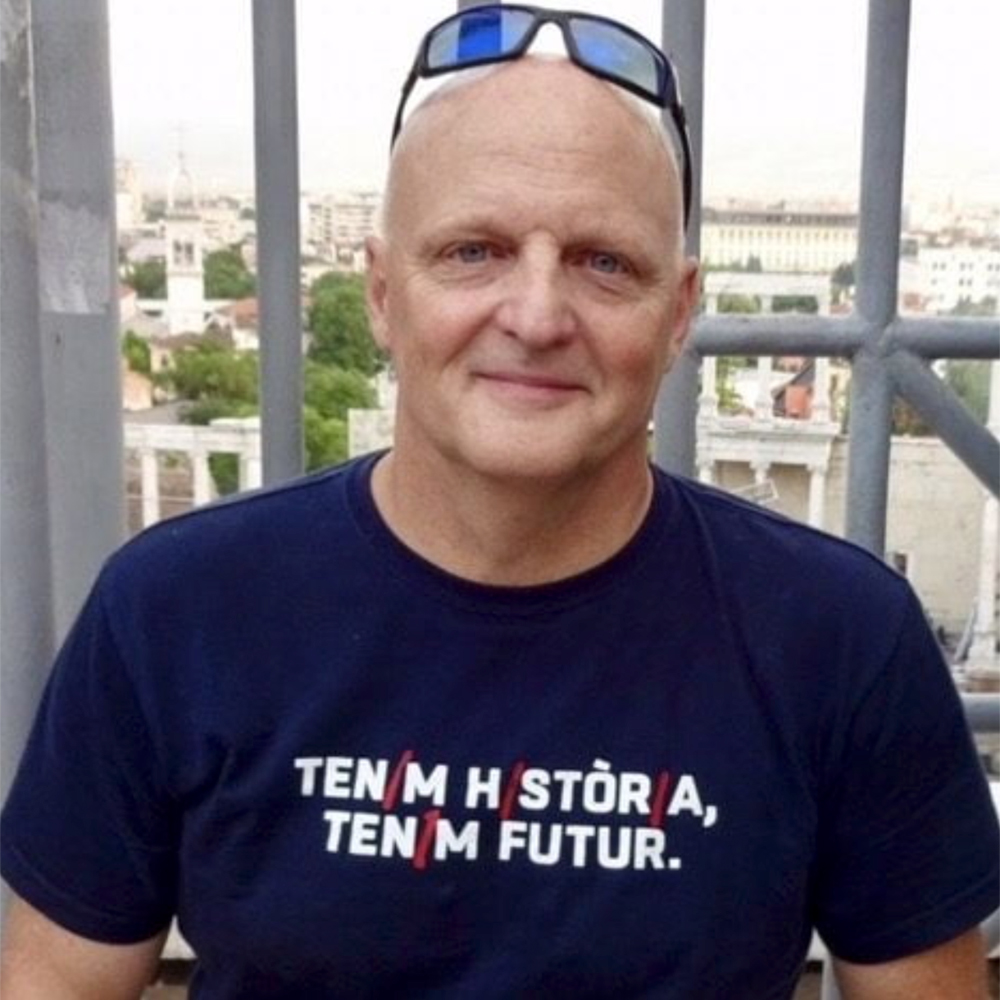You’d be hard-pressed to find anyone who would deny that we are living through an age of staggering cultural change, and that has as one of its more salient features a generalized decline in human attentional capacities, as well as individual and collective memories.
Whether this change is environmentally induced by, for example, the enormous and historically unprecedented amount of information available to each of us on a daily basis, or the increasingly disembodied way in which that same information is dispensed and consumed, I cannot be sure.
What I do know, however, is that the tandem of attention and memory (the former is the obligatory precondition for the activation of the latter) are among the most basic and important cognitive functions we have as human beings. This is why both of these elements of our minds have been the object of constant speculation among philosophers for centuries. And without them, as anyone who has lived with a loved one with Alzheimer’s knows, our individuality and our core identities rapidly dissipate.
Cultural institutions are the place where our individual experiences of the past are melded into something approaching a collective historical heritage. At least that’s what we are often told.
It would probably be more accurate to say that cultural institutions are places where empowered elites choose from among the fragments of memory extant in the broad national or religious cultural field and package them into compelling and coherent-sounding narratives. These narratives are then effectively “sold back” to the people as their groups’ precious collective heritage.
This, of course, places an enormous burden of responsibility on those who lead and staff our cultural institutions as they must simultaneously preserve the collective heritage that the non-elites have come to depend upon psychologically to bring a sense of order to their existence, while at the same time updating that same narrative to keep it compelling.
What they absolutely cannot do if they are sincere about the preservation of the collective in which they have been given a leading role is demonstrate open disdain for the very ideas of attention and memory in the daily rituals of the collective. Doing so would be like having an architect openly disdain the idea of structural integrity when explaining the ins and outs of his design to a client.
Yet, this is exactly what the unquestioned head of one of Western culture’s most important and enduring social institutions did the other day in Rome. In an appearance in St. Peter’s Square, the Pope said:
Homilies should be brief. An image, a thought and a sentiment. A homily should not last longer than eight minutes, because after this attention is lost and people fall asleep. And they are right in doing so. A homily should be like this—and I want to say this to the priests that talk so much and so often that you can’t understand what is being said. A brief homily. A thought, a sentiment and an element of action, of how to do something. No more than eight minutes because the homily should help to transfer the word of God from the book to life.
Leaving aside the well-documented fact this same Pope has been known to talk for well more than eight minutes when given the floor, think of the subliminal message he is sending to his flock. It goes something like this.
While I know one of my jobs as a spiritual leader is to encourage you to elevate yourself and discover the enormous capacities that God has given you but that so often remain untapped inside you, I’m not even going to make an effort at doing that. Awakening you to the better angels of your nature by encouraging you to redouble your efforts to be attentive to the wonderful and often hidden wonders of the world around you, well, that’s just too hard. And besides, if I tasked you with trying to do this, it might upset you and make you like me less.
I know you’re all distracted and there’s nothing I care to do about that, so I’ll pander to you and your disengaged state. In fact I’ll tell you that you are right to be inattentive and that the real problem lies not with your own spiritual and intellectual passivity, but with my own priests, the backbone of the organization I lead, who I am charged with supporting, but am now throwing under the bus. Oh, and you know that passage from the gospels where the disciples fall asleep when Jesus asked them to pray with him in the garden of Gethsemane on the eve of his crucifixion? Well, the responsibility for their snoozing was not, as you might have been told, on them and their inability to be attentive, but on Big J for not providing them with enough stimulation to keep them awake.
In 1930, Spanish philosopher José Ortega y Gasset, an extraordinarily prescient analyst of contemporary Western culture, published The Revolt of the Masses (La rebelión de las masas). In it, he harshly criticizes the triumph of what he calls the “mass-man” in European culture. Superficial readers, often imbued with a Marxian understanding of society, have often portrayed the text as a screed against the lower classes.
It is nothing of the sort.
Rather it is an exploration of the effects of the industrialization, urbanization, and abundant material comfort on the psychology of contemporary Europeans. While the mass-man could very well come from the lower strata of society, he could just as easily be found in the boardroom or the surgical ward.
What distinguishes him from most people in earlier times, and the minority of “noble” thinkers of his own (nobility understood here as the ability to fearlessly ask new questions and embark on the arduous path of seeking solutions to them), is his combination of self-satisfaction, incuriosity, and generalized disdain for how the labor and sacrifices of people in the past has allowed him to live the life he leads.
Largely bereft of wonder, reverence, and memory he turns life into a long presentist tournament of going-along-to-get-along in which the highest goal is to avoid conflict or anything else he deems might imperil his enormous sense of psychological and material comfort.
As the head of an enormously diverse organization with a very long and rich history, the last thing a Pope can afford to be is a “mass-man.” But this one, like so many of the political figures of our times we falsely call leaders, is exactly that, a person clearly unaware and perhaps frankly unable to understand that his job as the custodian of a millenary institution is not to please his flock or make things easy on them, but rather ennoble them (in the Orteguian sense) by encouraging them to be deeply attentive to the world around them and to become conscious of the reality of own existence in the light of accumulated history.
In this sense, he is sadly, also very much a man of his time, devoted to what—if you do a Google search for the term—you will clearly see is the core goal of our empowered elites: the creation of a “culture of compliance.”
In an earlier essay, I explored the effects that our culturally generated conceptions of time can have on our social and moral comportments and suggested that our largely unconscious embrace of the concept of linear time, and its corollary of inevitable progress, had made it difficult for our elite classes to acknowledge the possibility that not all the innovations they bestow on us might be useful or moral.
Another important effect of the ideology of inevitable linear progress that I did not address, and that Ortega touches on obliquely in the Revolt of the Masses is its enormous ability to induce spiritual and social passivity in a broad swath of our society.
Who among us has not listened to a lament from someone about the loss of important affective and human elements from their lives only to end the story with some variety of the following: “But that’s the way the world’s going and I guess there is nothing much I can do about it.”
Put another way, once “history” is anthropomorphized and credited with having an unambiguous “direction” that in the end always tips toward human betterment, what am I? What is my radius of volition and action?
The answer, of course, is very little, something akin to the amount of directional protagonism possessed by a passenger seated on a speeding train.
Is that really the life role we wish to accept and play? Dare we consider whether the doctrines of linear time and inexorable progress might, in fact, just be the latest in a long line of “religious” doctrines designed to guarantee our docility before centers of accumulated social power?
If the present Pope is representative of those currently presiding in those precincts of power, and sadly I think he is, then it’s probably best not to waste our time in seeking their counsel in these matters.
Like it or not, those of us who want something more out of life than a pre-programmed journey to volitional impotence are on our own. And the way we do or do not come together to forge more human and dignified ways of living will determine our fate.
Join the conversation:


Published under a Creative Commons Attribution 4.0 International License
For reprints, please set the canonical link back to the original Brownstone Institute Article and Author.









